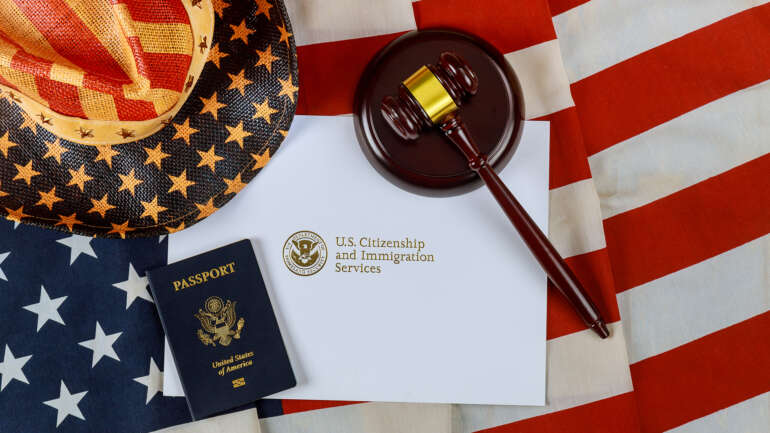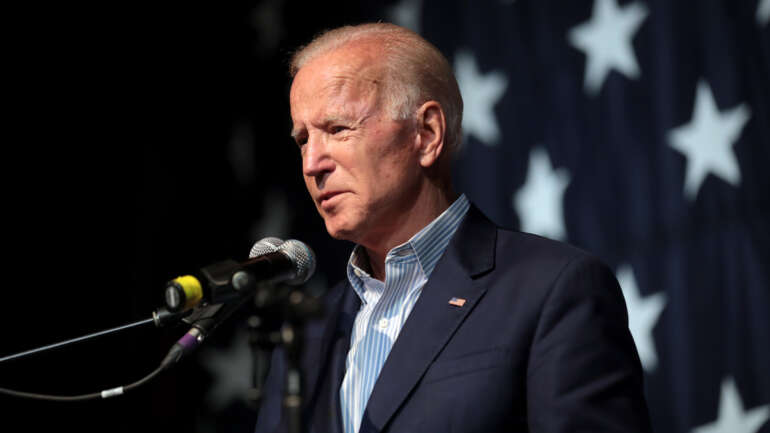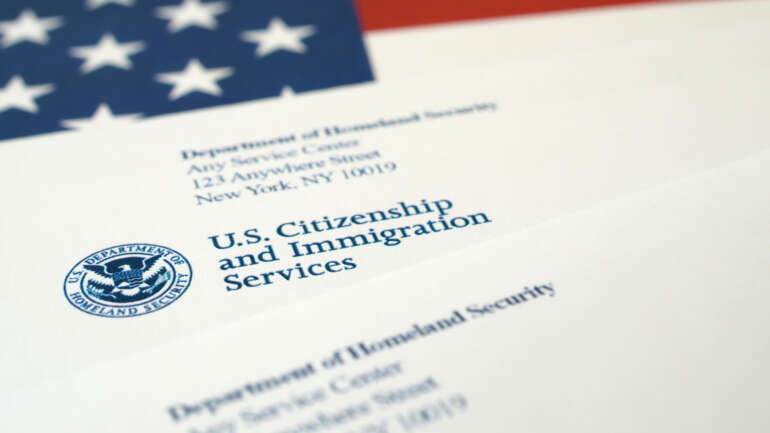Form N-400, used for applying for U.S. citizenship, has several key updates and common questions associated with it. Recent changes include updates to the form’s structure and requirements, which are designed to streamline the application process. One significant update is the introduction of new sections that address recent legal and procedural changes. Applicants often inquire about fee waivers, which are…










